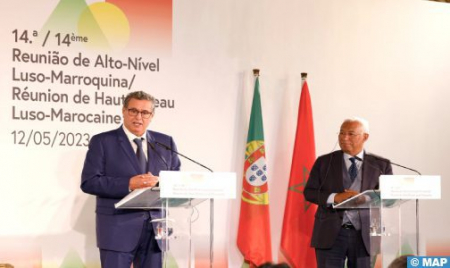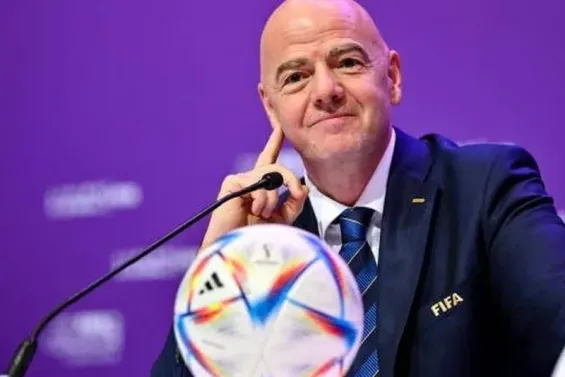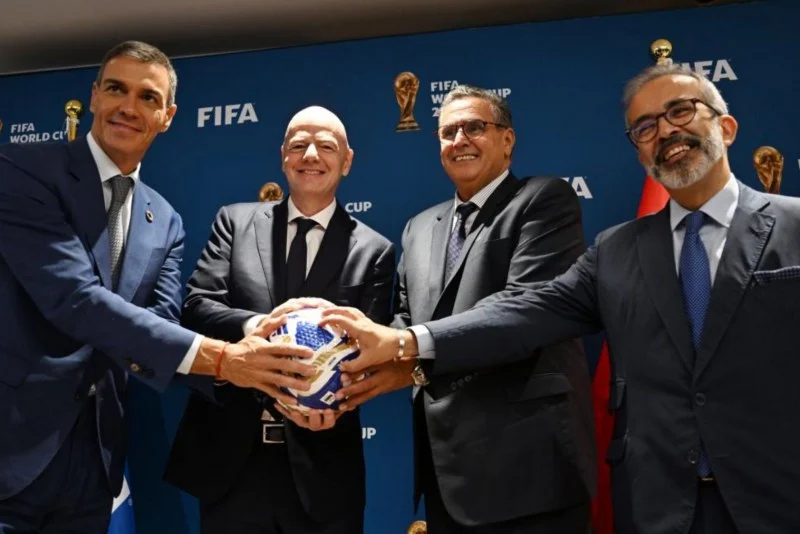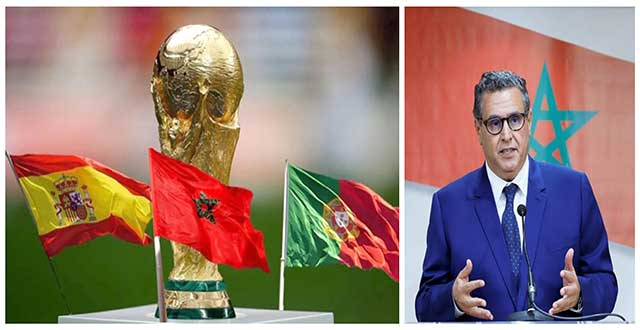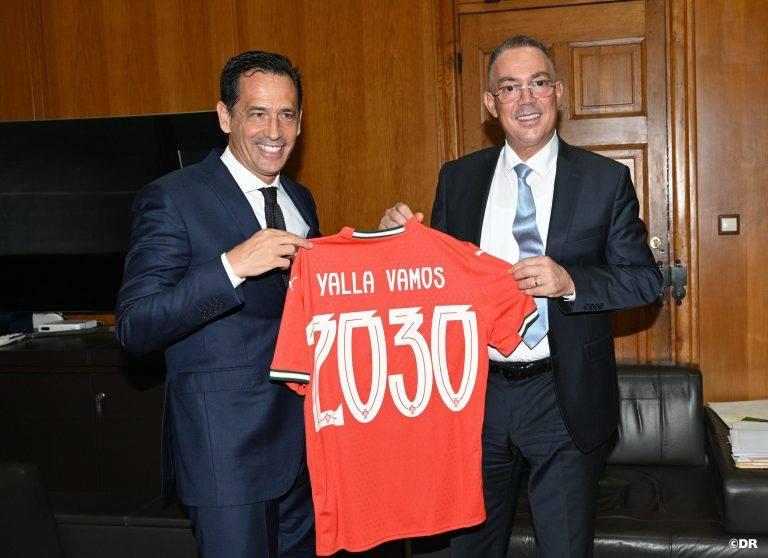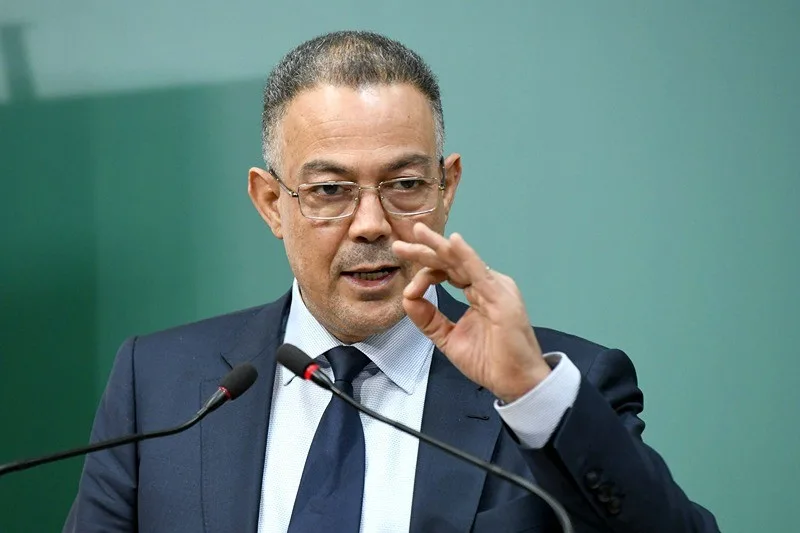Speaking at a press conference at the end of the 14th High Level Meeting (HLM), held under the joint chairmanship of Akhannouch and the Portuguese Prime Minister, Antonio Costa, the Head of Government stressed that this meeting has an exceptional character, insofar as it comes after an important event, that of the joint bid of Morocco, Portugal and Spain for the organization of the FIFA World Cup 2030.
The holding of this HLM also attests, according to Akhannouch, to “the common assets that both countries have”, as Morocco and Portugal have distinguished and fraternal relations at the highest level, under the leadership of His Majesty King Mohammed VI and President Marcelo Rebelo de Sousa.
In addition, the Head of Government expressed Morocco’s thanks to Portugal for the positive position of Lisbon in favor of the territorial integrity of the Kingdom and the autonomy initiative, as a serious and realistic solution to the artificial conflict over the Moroccan Sahara, which comes in addition to those expressed by several European countries that now support the Moroccan position.
Akhannouch also expressed his gratitude to the Portuguese government for its support for Morocco in the various institutions of the European Union, especially after the “incomprehensible” attitude instigated by some parties in the European Parliament against the Kingdom.
He added that during this 14th High Level Meeting, Rabat and Lisbon agreed to establish a comprehensive strategic partnership, able to strengthen their bilateral political consultation and create optimal conditions to lay the foundations for a permanent bilateral strategic dialogue, based on a renewed reading of the good neighbor agreement.
In this regard, Akhannouch said that both countries have expressed their common desire to continue to strengthen the strategic cooperation framework, and raise it to higher levels, through a new generation of bilateral cooperation agreements.
He recalled that the two countries have signed twelve cooperation agreements covering various areas such as justice, culture, rural housing, tourism, crafts, women and youth, in addition to investments in other areas, noting that such agreements are able to raise bilateral cooperation “to the strategic level to which we aspire”.
The head of government noted that Morocco and Portugal have assets that allow them to engage in strategic projects looking to the future, including the electrical interconnection project between the two countries, renewable energy, digital economy, agriculture and transport, in addition to other sectors of the future, such as clean energy, including green hydrogen.
As part of strengthening this partnership, Akhannouch said that the project of maritime link and the promotion of air services between the two countries are set up as additional pillars for deepening the economic and commercial partnership between Rabat and Lisbon, welcoming, in the same vein, the encouraging results of the forum held on the sidelines of this HLM, with the participation of Moroccan and Portuguese businessmen, which is, in his view, an opportunity to strengthen the bilateral partnership, to encompass other areas, such as automotive, textile and agricultural industries.
For his part, the Portuguese Prime Minister stressed that Morocco and Portugal are two neighbors linked by strong relations.
The two countries have decided to raise their bilateral relations to the level of a long-term strategic partnership encompassing cooperation in various fields, added the Portuguese Prime Minister, noting that great opportunities are open to both countries to strengthen their cooperation in the areas of youth, employment, scientific research, industries and culture.
